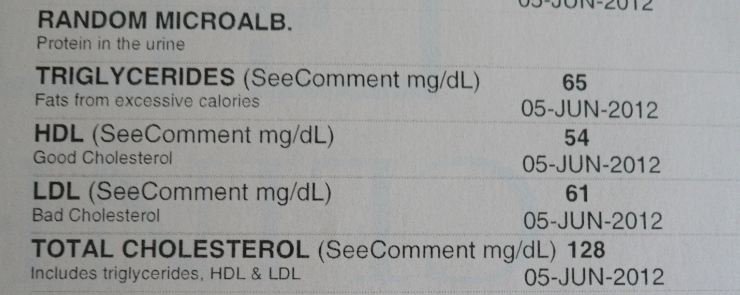If you, like me, check the obits every day to make sure I'm not in there, a good % of those people younger than us but not by much died from complications of high B/P. I am/was a professional in the medical field. My first job was in detox. What alcohol does to B/P (and I'm a social drinker) shocked me so much that I rarely drank during the 7 years I worked there.
Thought I'd never have high B/P since my B/P was always 90/60 ish, but with a more sedentary job, no attention to diet, enormous stress at work, home, and with an 80 mile a day commute, I took my own B/P on the sly one day and found it was 190/90!!!
First rule in teaching about b/p is
a.) cut out all salt you can. You'll retain water, and dragging around the extra weight you'll retain will increase b/p.
b.) every pound you lose or keep off makes a huge difference to get to low-normal weight.
c.) every minute exercising makes a huge difference
d.) yes, potassium helps regulate heartbeat, and during the summer, most summer fruits (and bananas year round) will give you what you need.
e.) it's true, b/p can spike under stress and give you a reading that's not indicative of your true b/p, but if it's consistently over 120/80, do what you can to lower it.
f.) find a form of exercise you like and get addicted. I went to grad school at Columbia and taught at Yale and most of the doctors had read the literature about longevity & low b/p and were considerably underweight. None smoked. They almost all had a form of exercise they were passionate about.
g.) limit your drinking alcohol to the lowest amount you can live with. Binge drinking is really hard on your liver, and if you're used to a party lifestyle, start watering your drinks down with club soda--you'll feel better the next day. Your liver can regenerate.
h.) everyone knows about cigarettes and lung cancer, but they also increase b/p.
i.) some people have idiopathic (or "oddball") inborn factors that will cause b/p to increase--ask your doc to investigate if your b/p stays high when there's no apparent cause.
I know ya can't achieve perfection--but it's just a little solid advice, pick and choose, to help ya live longer. Maybe it'll give you an excuse to go out and buy the bike you wanted, the running shoes (they DO make a difference), or the kayak. The older we get, the less abuse we can take from ourselves. We have to stay around to keep commenting on things!
Good luck!

